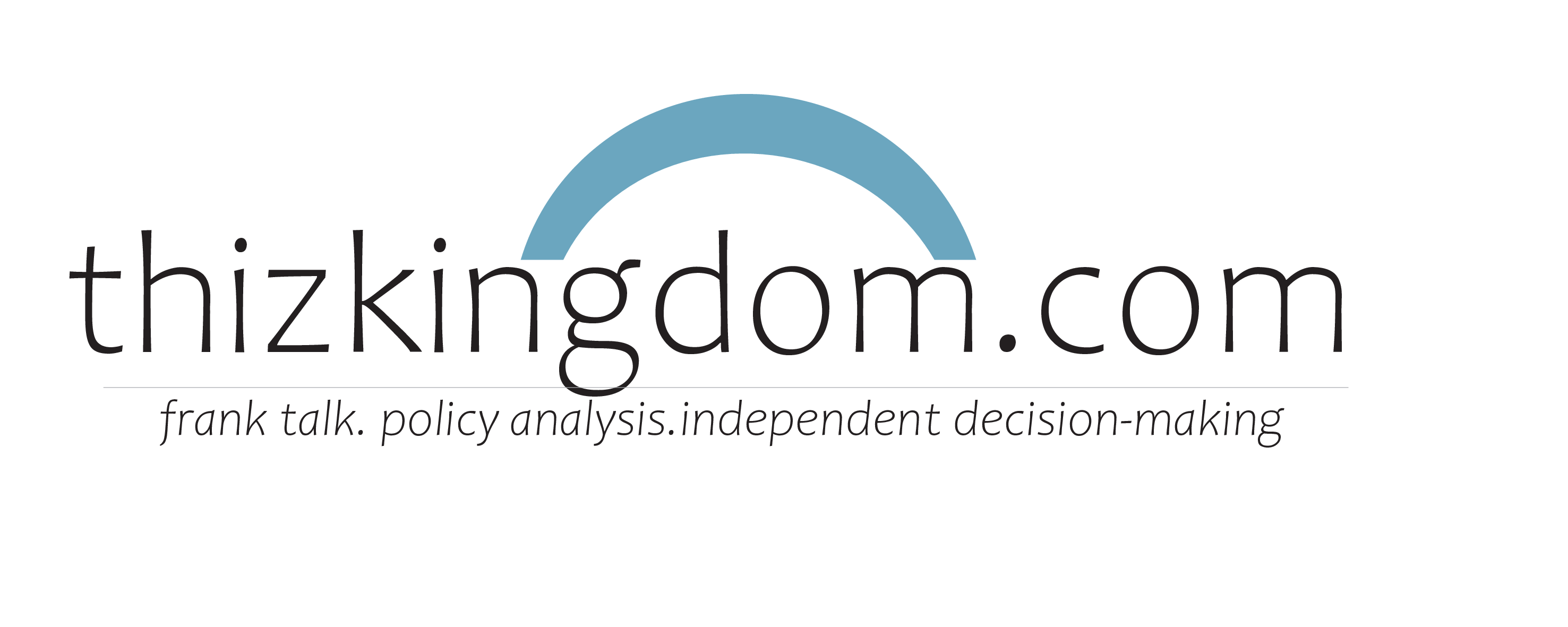The Lusaka Declaration 2023 at a glance:
A cursory look at the state of freedom of expression, media freedom, access to information and participatory democracy in Southern African and beyond
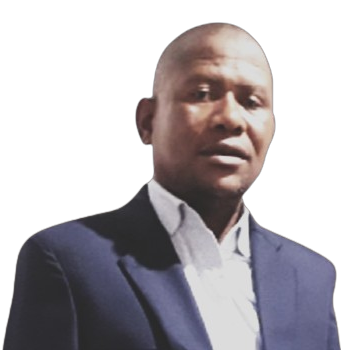
Mr Mzimkhulu Sithetho
Managing Director of the Governance Institute for Sustainable Development and Editor-In-Chief of thizkingdom.com
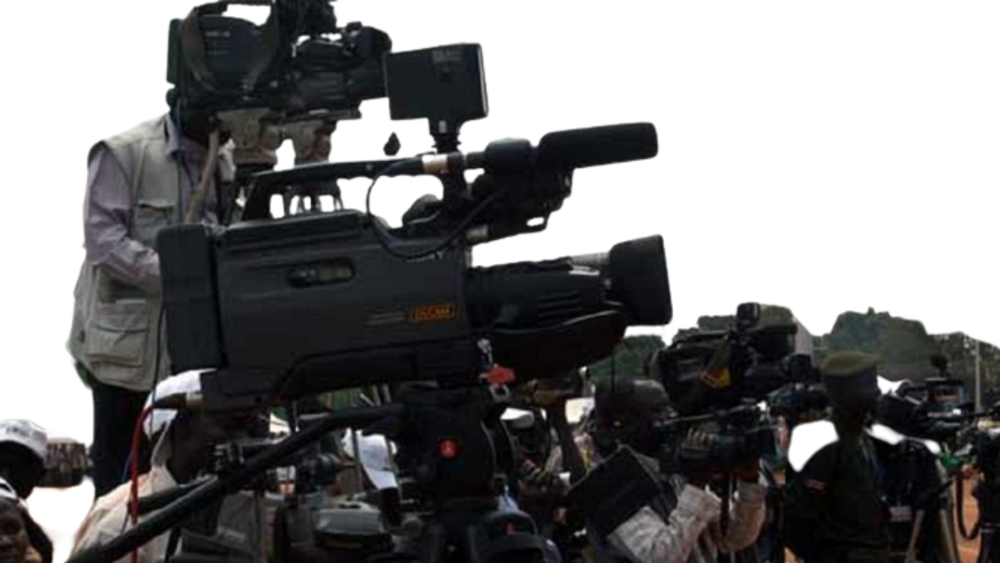
There is no doubt that the advent of social media platforms and digital spaces has accelerated these changes. On the one hand and on a positive note, the changes have expanded citizens’ spaces for expression of their views, exercising their right to freedom of speech. On the other hand, the prevalence of the social media and digital spaces has tended to threaten the existence and sustainability of the traditional and conventional media. However, there is an argument about the power and ability of the digital and social media advances to drive the traditional media away.
The advent of social media platforms (Facebook, Twitter, Instagram, Youtube etc) and digital platforms does not go unnoticed as their impact reverberates across the entire humanity. As these developments take centre stage, they threaten fundamental human rights - the right to freedom of expression, media freedom, the right to access information and the right to privacy. The developments in the social media and digital spaces have to a large extent brought to the fore, internet shutdowns, state-sponsored surveillance and vices like misinformation, disinformation, fake news and hate speech. The mentioned four vices have the potential to diminish the citizens’ and the media’s ability to exercise their right to freedom of expression and access to information. They also have the potential to diminish civic spaces available to citizens and the media.
The 2nd African Media Convention (AMC)
More than 300 participants converged in Lusaka, Zambia on 11-13 May 2023 in the 2nd African Media Convention (AMC), which is now canvassed to become an annual event in the African Continent to mark the World Press Freedom. The bottom line of the AMC 2023 was to assess the state of the media in Africa. Media practitioners, editors and media managers and owners who participated in the AMC 2023 expressed their concern about the on-going onslaught on freedom of expression, which in most instances, is perpetuated by the state. Glancing back 30 years after the declaration of World Press Freedom Day on 3rd May every year, the participants were of the view that while a lot of advocacy has been done, which sensitised states to observe and respect this right, they felt that media practitioners have been done a body blow.
Taking stock of developments in the last three decades in the realm of advocacy for freedom of expression of opinion and media freedom, the participants concluded that new forms of repression have surfaced. These forms of repression have been given impetus by the states’ intent to govern the digital space and most importantly, to reduce the power of digital journalism which has proven invincible. The Africa Media Convention raised a flag on a number of critical issues that threaten freedom of expression, media freedom and access to information.
One of the critical issues is the advent of criminalisation of journalistic practices through promulgation of draconian and repressive laws. These archaic laws have been enacted decades ago and infringe on freedom of expression, media freedom and access to information. States are resisting calls to either amend or repeal these laws, which still occupy statute books of countries during this era of information and democracy. The denialist tendencies of government to accept the reality that the communication and media disruptions are here to stay, plunge them into the abyss of employing archaic and outmoded laws to infringe on the citizens and the media.
Governments, especially those in the Southern African region, engage cyber companies from abroad, especially from Israel to develop digital surveillance software and systems and pay these companies huge sums of consultancy finances from their public purses. Whether they are aware or not, but this sounds a democratic backsliding of its own kind, when elected governments encroach on the rights and freedoms of their citizens.
Lesotho is no exception to this misnomer as there is a raft of draconian and repressive laws that still occupy the country’s statute books. They are invoked by the Government and other senior officials in other arms of government to criminalise journalistic practices. A well-known example is that of the Former Commander of the Lesotho Defence Force, Lieutenant-General, Tlali Kamoli, who sought to utilise an archaic and draconian law - Criminal Defamation of 1967 to criminalize defamation on a private newspaper.
The Lesotho Times Editor-in-chief, Basildon Peta, who was charged with criminal defamation and crimen injuria for a satirical column he wrote in June 2016,brought a constitutional challenge before the High Court. The Constitutional Court annulled this archaic law by declaring it unconstitutional. This was celebrated across the Lesotho media sector as a right decision in the right direction as the media has since called for repeal of most of these laws. It added value on the concerted efforts taken by media advocacy bodies to denounce this piece of legislation as unconstitutional in a democratic society. The Southern Africa Litigation Centre said in a statement after a verdict in the Constitutional Court: “We commend the Lesotho Constitutional Court bench for its brave decision, which makes a significant contribution to freedom of expression jurisprudence in the region”, said Anneke Meerkotter, Litigation Director of the Southern Africa Litigation Centre.
These laws still exist in other countries as well. This is the reason why the AMC 2023 has made a clarion call for states and governments to repeal all laws diminishing the citizens’ and the media’s freedom rights. It said in the Declaration: “Call on African Governments to repeal laws that impinge on freedom of expression and media freedom and ensure compliance with the established international standards on human and constitutional rights.” As earlier mentioned, the advent of advances in communications and media has taken society by storm. The social media and other digital spaces have become a double-edged sword in that it has led to the opening of civic spaces for citizens and the media to exercise their right to freedom of expression.
On the other hand, social media platforms and digital media have come to be used as launching pads for state-sponsored surveillance on journalists. Also, social vices such as misinformation, disinformation, hate speech and fake news are peddled on the social media platforms and the digital platforms. A critical concern by the AMC was that the social media remain unregulated as they are not subjected to conventional editing and gatekeeping protocols that ensure accuracy, truthfulness and undertake a vigorous fact-checking so that the receiver of information is given quality information. The Declaration states: “Cognisant that social media remains largely unregulated resulting in the dissemination and amplification of misinformation, disinformation and hate speech.” The AMC 2023 discussed in depth about the subjection of journalists, especially the female ones to physical, psychological and economic safety and security.
It therefore made a call for creation of an enabling environment for the safety and security of journalists as they perform their job. The AMC further called on the multi-sector collaboration between civil society, the media, the business sector and the public sector (government). Also interest groups such as women, y0uth, the disabled and people of other sexual orientations (LGBTIQs). Another critical issue that was at the centre of the discussions at the AMC was that of survival and sustainability of the conventional media in the midst of the digital and social media advances. The AMC focused on the need to create a media fund that safeguards the viability and sustainability of the traditional media. Media funding comes mainly through advertising, which traditional media obtain from government, private sector and other sectors. In cases where the private sector is not developed like in Lesotho, the media struggles to survive and sustain in the sector, newspapers are formed and within a short space of time, they close shop.
Though radio still relies on advertising to survive and sustain, it is not as heavily affected by the absence of advertising as the print media. The reason is that printing is expensive for hard copy newspapers, making it difficult for newspapers to breakeven. On the other hand, Radio is one of the less expensive media to operate, research has shown. Exploration of the digital space is still a challenge on this part of the world. The advent of online newspapers and magazines is still a new phenomenon, not only for proprietors or publishes, but for audiences and most importantly, for advertisers, upon whom there is huge reliance regarding access to advertising. Online newspapers and magazines struggle to attract advertising in the same wavelength as their hard copy newspaper counterparts. Therefore, the idea of a media fund is a welcome development that will go a long way in propelling the growth of the media, including the online one, in case advertising is not forthcoming.
The AMC also raised concern about ethical lapses that sometimes surface in the journalistic practice, particularly during this information era when gatekeeping and editing protocols are hard to enforce on the digital media spaces. It has become easier to spew disinformation, misinformation, hate speech and fake news on the digital platforms that it was with the conventional media. what is painful is that it has become difficult for the users who are injured to vindicate their reputations on the digital spaces. The conventional media followed conventional editing and gatekeeping protocols to the letter, closing any chance for inaccuracies and ill-conceived information to be passed through. The advent of digital media and social media platforms, as has been mentioned, has seen the expansion of citizen journalism where ordinary citizens participate in the gathering, processing and dissemination of information.
While this is a welcome development and it has given impetus to the expansion of spaces for citizens to exercise their right to freedom of expression of opinion, it has, and continues to have adverse implications. It said in the Declaration: “Encourage Journalists in Africa to subscribe to ethical standards in conformity to international best practices.” Capacity-building of journalists also featured as an important issue that countries must take into consideration so that they perform their duties effectively.
Most Read
The cooling of the political temperatures came with the BAP joining the bandwagon after a season of political agitation and chess games, reflecting political anomalies in the system of political governance of Lesotho:

Reforms, Elections and Democratic Stability in Lesotho
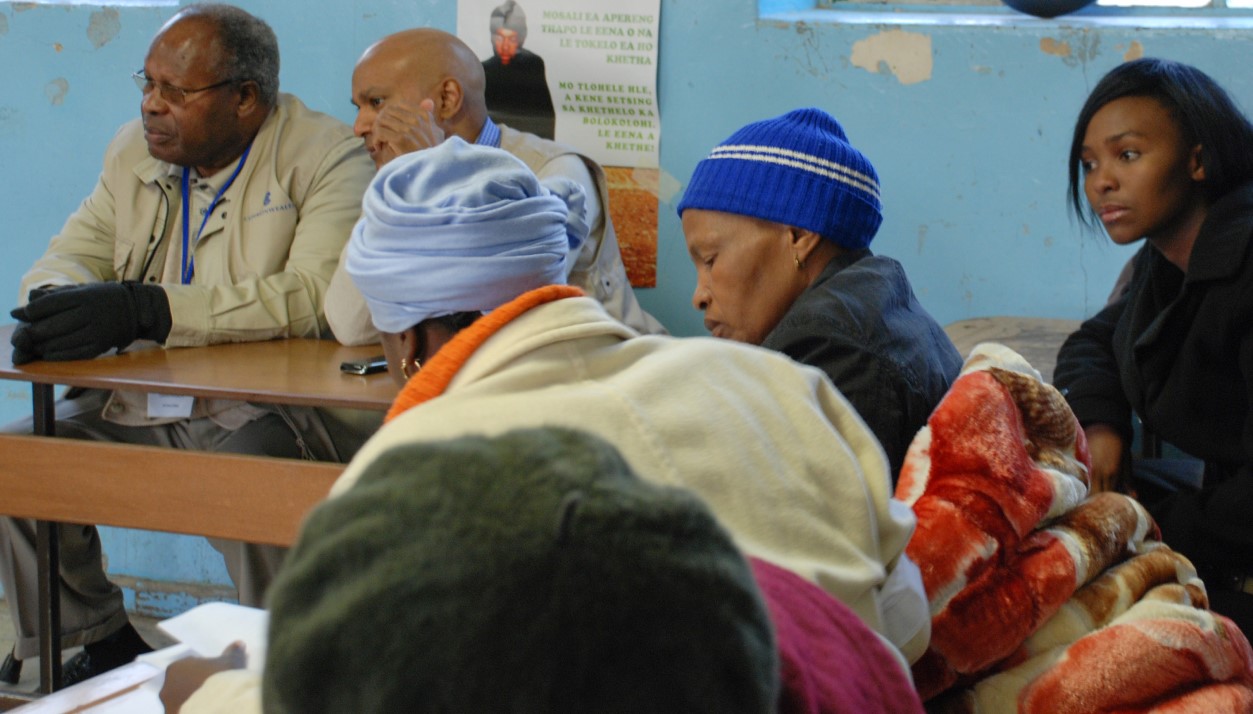
A Comprehensive Analysis of Lesotho's Textiles and Garment Sector
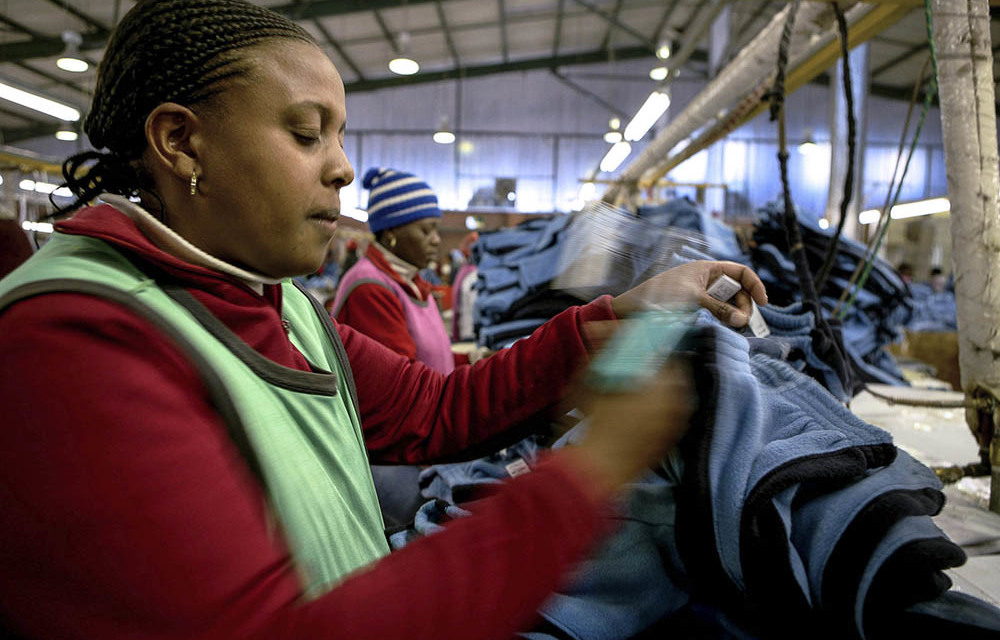
Related Stories
Politics of power-brokering, power-sharing, trading positions and changing power relations, resulting in a re-organised Government
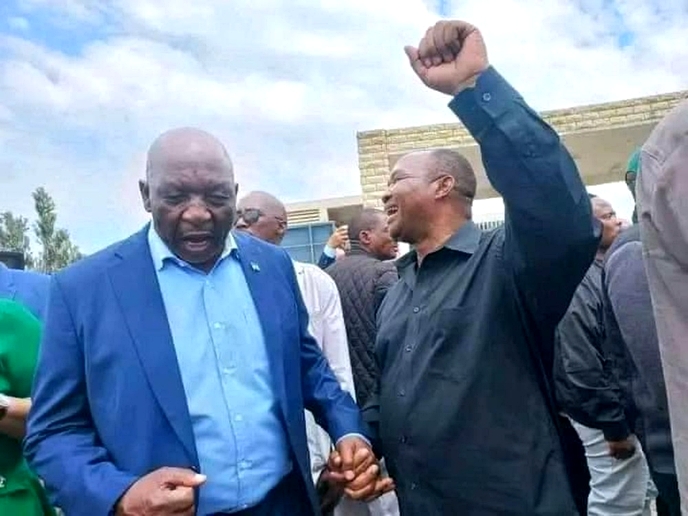
A bipartisan arrangement is ideal for the reforms:

The opportunistic character of Lesotho’s politics foils a no-confidence vote:
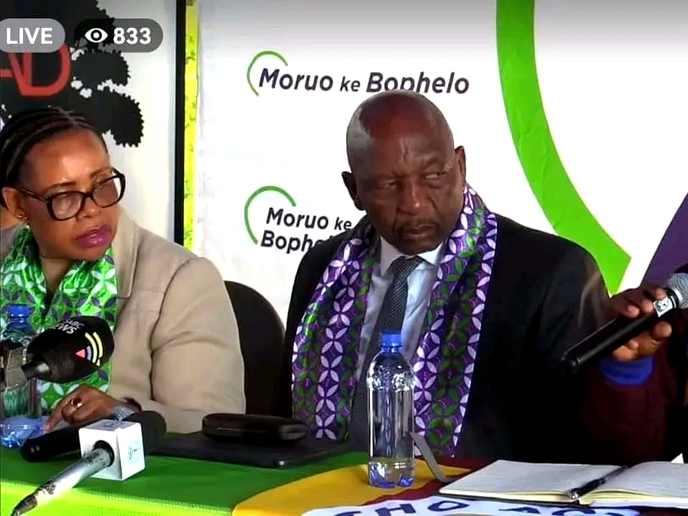
Opinion Vote Polls
Do you think the existing government is going in the right direction to benefit the people of the country?
Subscribe for your daily newsletters
Enter your email to subscribe to our newsletter.
